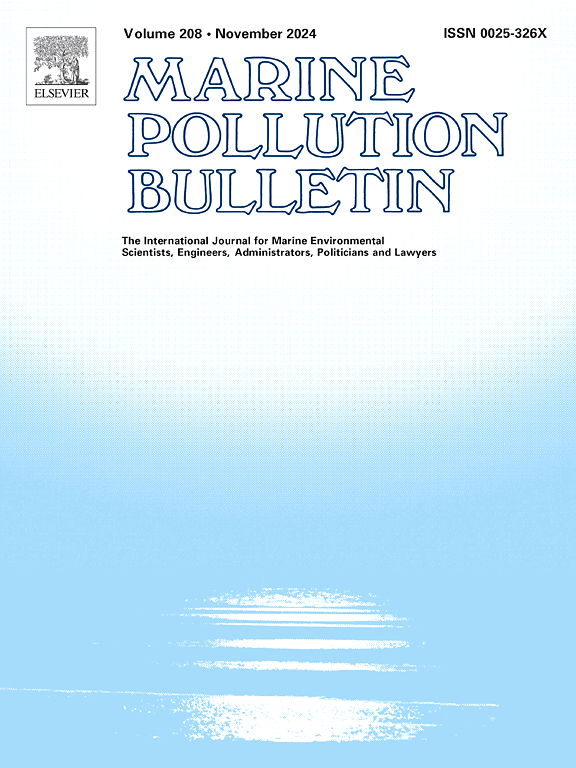不同减碳政策下海洋塑料废弃物再制造系统的可持续发展策略
IF 4.9
3区 环境科学与生态学
Q1 ENVIRONMENTAL SCIENCES
引用次数: 0
摘要
本研究探讨了海洋塑料废物再制造行业在改善生态结果和减少碳排放方面面临的挑战。它的重点是如何有效地激励一线收集者参与和遵守政府的碳政策。利用差异博弈框架,我们分析了各种碳减排政策和收益分享机制对废物管理绩效、碳减排和区块链采用的影响。结果表明,在碳税政策下,采用固定价格收购策略的供应商在碳税实施和碳减排方面投入更多。当碳税较低时,提高碳税可以显著改善废物管理绩效和供应商层面的减排。随着碳税的提高,制造商的碳减排努力也在增加。区块链的采用提高了系统中涉众之间的盈利能力。在研究的两项碳政策中——碳税和碳限额——碳税对海洋塑料废物管理和减排产生了最有效的效果。然而,这种环境改善并不能直接转化为所有供应链成员的更高利润。对模型的扩展表明,成本分担契约可以有效地协调供应链内部的动态协作。案例研究支持了该模型的发现,并为推进海洋塑料废物回收系统的可持续性提供了实际见解。本文章由计算机程序翻译,如有差异,请以英文原文为准。
Sustainable strategies for marine plastic waste remanufacturing systems under diverse carbon reduction policies
This study examines the challenges facing the marine plastic waste remanufacturing industry in improving ecological outcomes and reducing carbon emissions. It focuses on how to effectively incentivize the front-line collectors to participate in and comply with government carbon policies. Using a differential game framework, we analyze the effects of various carbon reduction policies and revenue-sharing mechanisms on waste management performance, carbon mitigation, and blockchain adoption. The results show that under a carbon tax policy, suppliers adopting fixed-price acquisition strategies invest more in blockchain implementation and carbon reduction. When carbon taxes are low, increasing them significantly improves waste management performance and supplier-level emission reductions. Manufacturers' carbon reduction efforts also rise with higher carbon taxes. Blockchain adoption enhances profitability across stakeholders in the system. Among the two carbon policies examined—the carbon tax and the carbon cap—the carbon tax yields the most effective outcomes for marine plastic waste management and emission reduction. However, this environmental improvement does not directly translate into higher profits for all supply chain members. An extension of the model demonstrates that cost-sharing contracts can effectively coordinate dynamic collaboration within the supply chain. Case studies support the model's findings and offer practical insights for advancing the sustainability of marine plastic waste recycling systems.
求助全文
通过发布文献求助,成功后即可免费获取论文全文。
去求助
来源期刊

Marine pollution bulletin
环境科学-海洋与淡水生物学
CiteScore
10.20
自引率
15.50%
发文量
1077
审稿时长
68 days
期刊介绍:
Marine Pollution Bulletin is concerned with the rational use of maritime and marine resources in estuaries, the seas and oceans, as well as with documenting marine pollution and introducing new forms of measurement and analysis. A wide range of topics are discussed as news, comment, reviews and research reports, not only on effluent disposal and pollution control, but also on the management, economic aspects and protection of the marine environment in general.
 求助内容:
求助内容: 应助结果提醒方式:
应助结果提醒方式:


